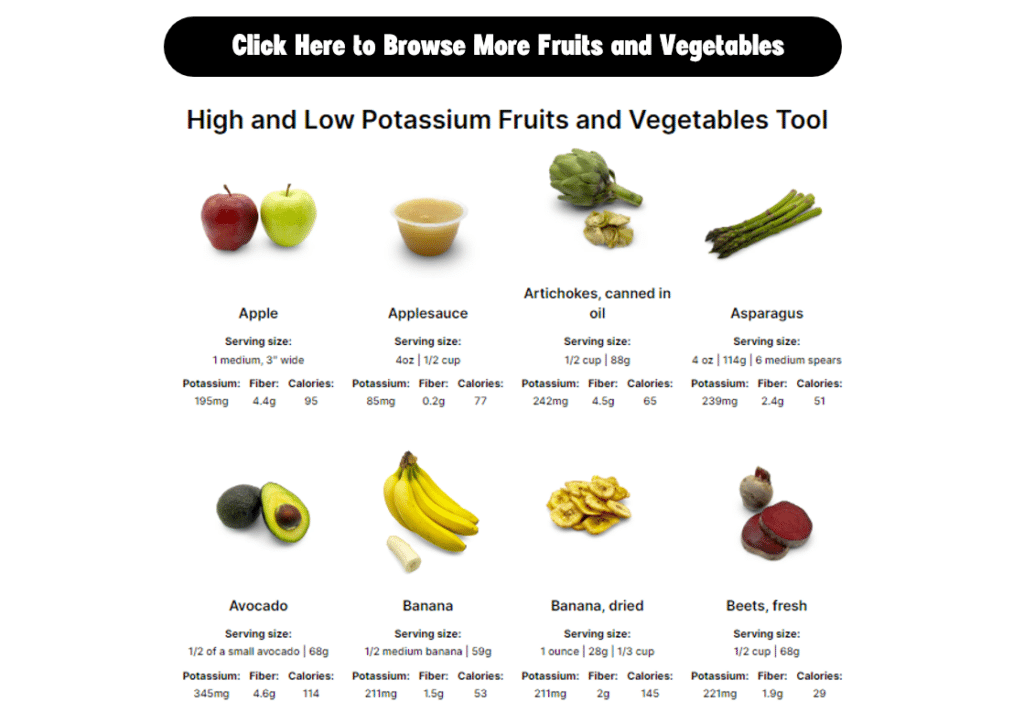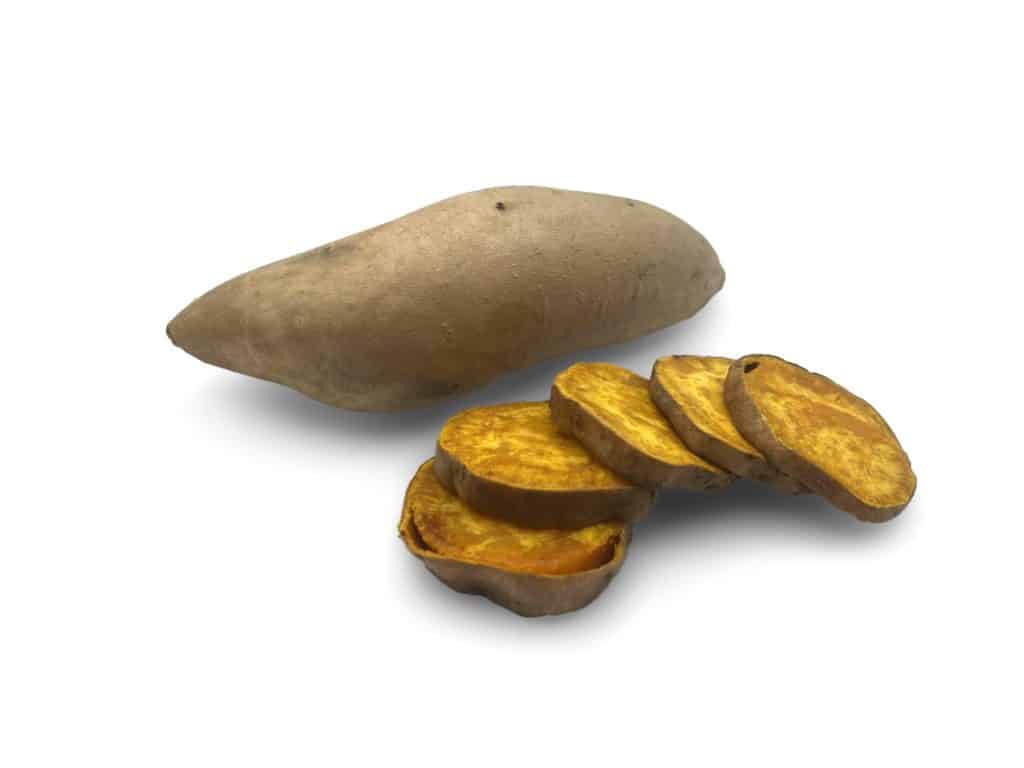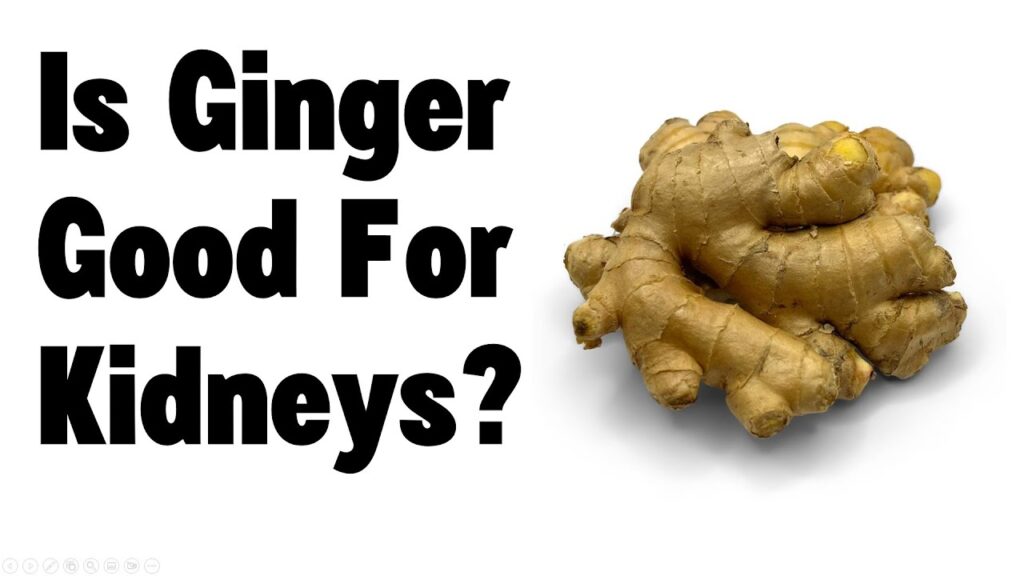Table of Contents
Are pears good for kidneys?
Yes, pears contain antioxidants, fiber, and vitamins that are beneficial to people with kidney disease.
This post may contain affiliate links through which we may earn a small commission to help keep this website free.
Are pears high in oxalates?
No, pears are considered low oxalate foods. (Source)
Oxalates are naturally occurring compounds found in many foods. When consumed, oxalates can bind with calcium in the body to form crystals, which can contribute to the formation of kidney stones in some individuals.
Kidney stones are hard deposits that form in the kidneys when there are high levels of certain substances, such as calcium, oxalate, and uric acid, in the urine. The most common type of kidney stone is calcium oxalate stones, which are formed when calcium and oxalate combine in the urine.
While oxalates are present in many foods, not everyone who consumes oxalates will develop kidney stones. Factors such as individual susceptibility, overall diet, and lifestyle choices play a role in kidney stone formation.
The highest oxalate fruits and vegetables are spinach, rhubarb, and swiss chard. However, it’s important to note that the mere presence of oxalates in food does not guarantee kidney stone formation. If you are not prone to developing kidney stones, then there is no reason to avoid foods that are high in oxalate.
Are pears high in potassium?
One half of a medium pear contains 128mg of potassium making it a low potassium fruit. If you choose to eat a whole pear, then there will be 246mg of potassium, which some people would consider a high potassium food. If you have a potassium restriction, you should be mindful of your portion sizes of fruits and vegetables.
Canned pears are lower in potassium. One half cup of canned pears contains approximately 67mg of potassium.
Canned fruits and vegetables are almost always lower in potassium than their fresh version. Be sure to drain off the liquid though, because it will contain a lot of the potassium.
However, if you have kidney disease, you should not restrict your intake of fruits and vegetables because of potassium content unless instructed by your kidney dietitian or healthcare provider. Many people who have kidney disease do not need to restrict their intake of potassium. There are many other factors that could cause you to have high potassium levels that are not related to the food you eat. You can learn more about potassium and kidney disease through our low cost course.
Are pears high in phosphorus?
No. One half of a medium pear contains about 15mg of phosphorus. The phosphorus found in pears is natural and poorly absorbed by the body, so it is considered a low phosphorus food.
For more information about phosphorus and kidney disease, check out our youtube video.
What are the benefits of pears?
- Pears contain vitamins and antioxidants. Antioxidants consumed through fruits and vegetables are considered to have protective effects against many chronic diseases.
- Pears are also a good source of fiber. Fiber is important for gut health as well as helping the body maintain potassium levels.
- Research shows that a low intake of fruits and vegetables is associated with an increased risk of developing kidney failure in people with kidney disease (as well as those who don’t have kidney disease.
High and Low Potassium Fruit and Vegetable Tool
Looking for more information on other kidney friendly fruits and vegetables? Check out our Fruit and Vegetable Potassium Tool.



